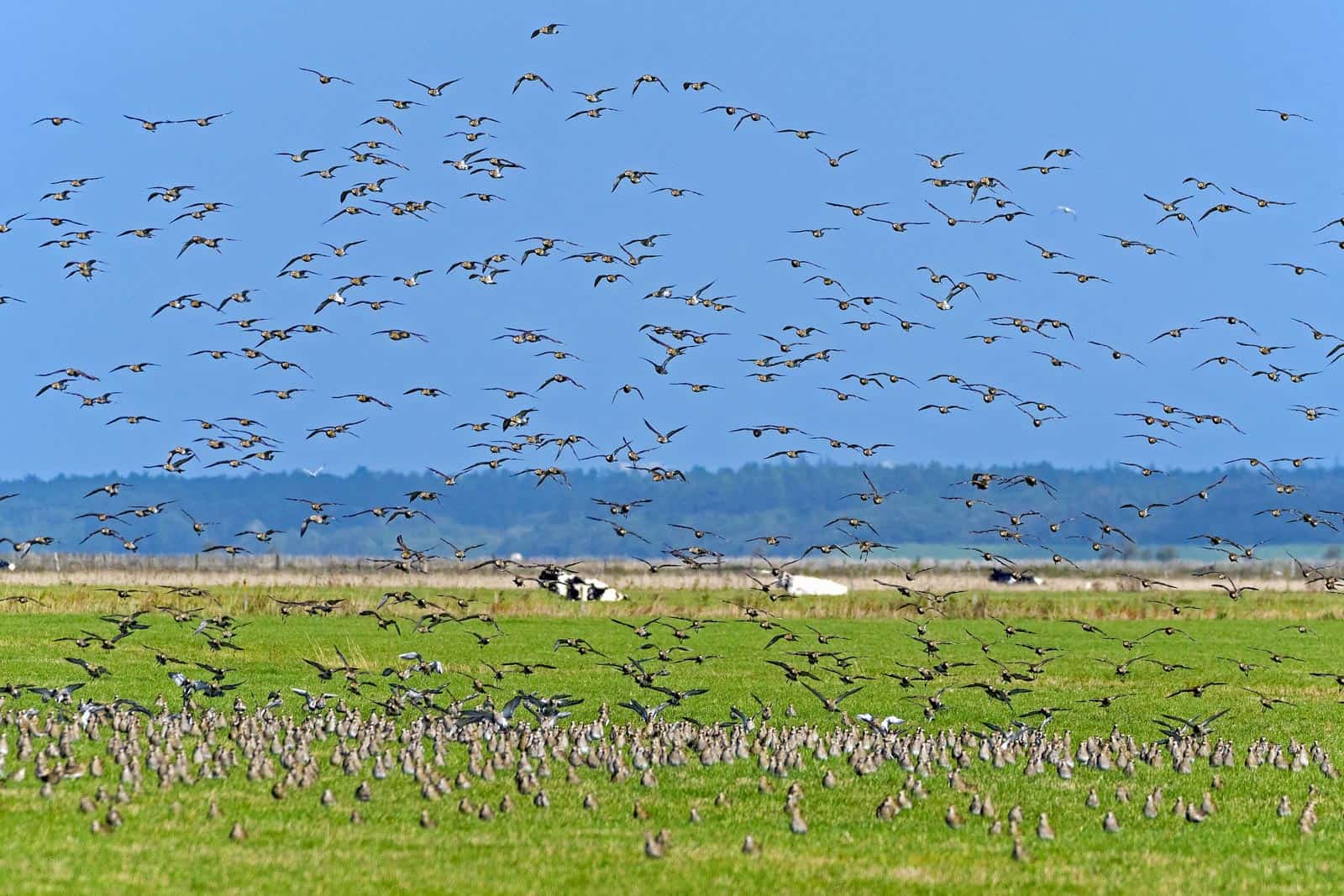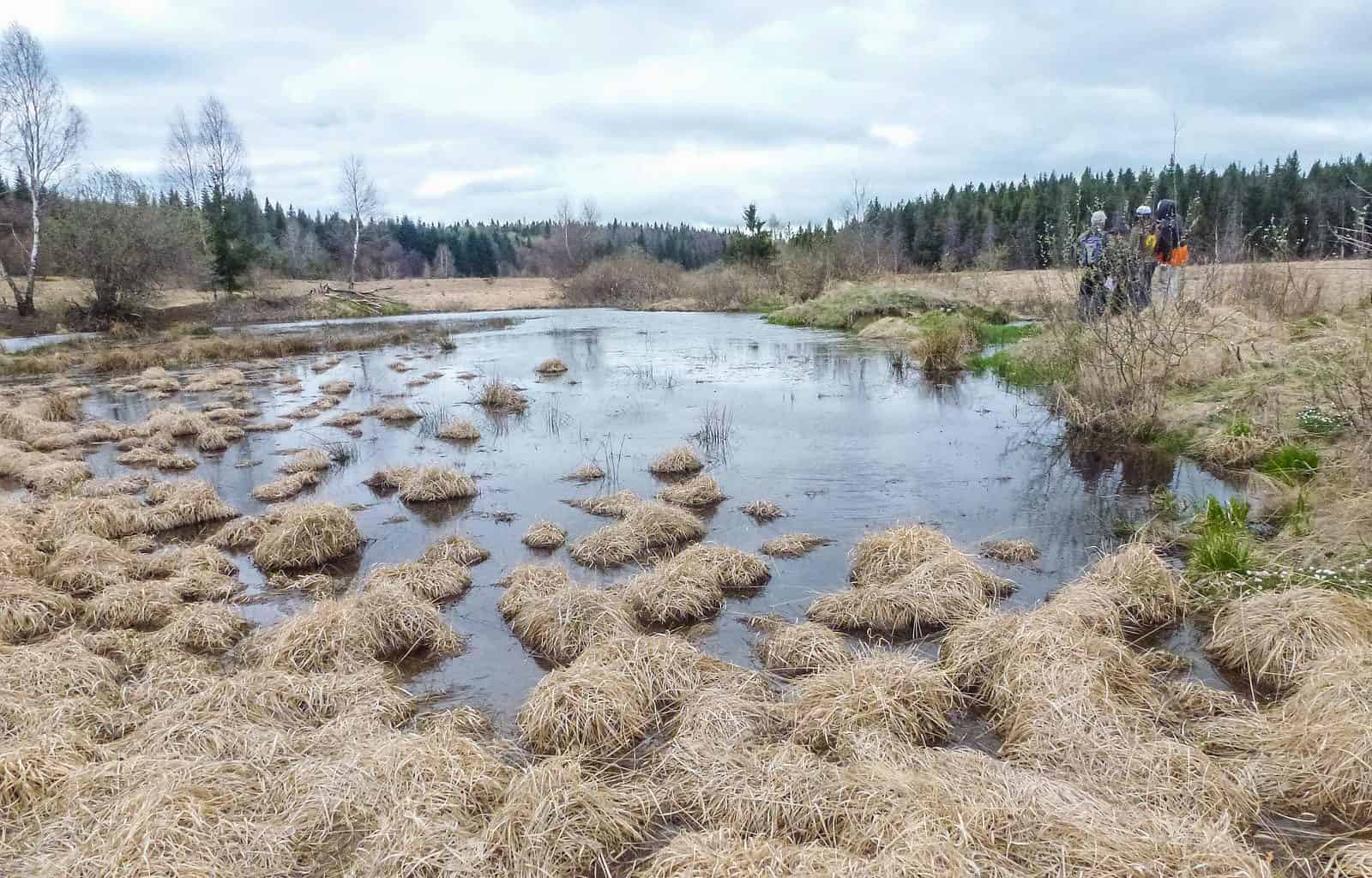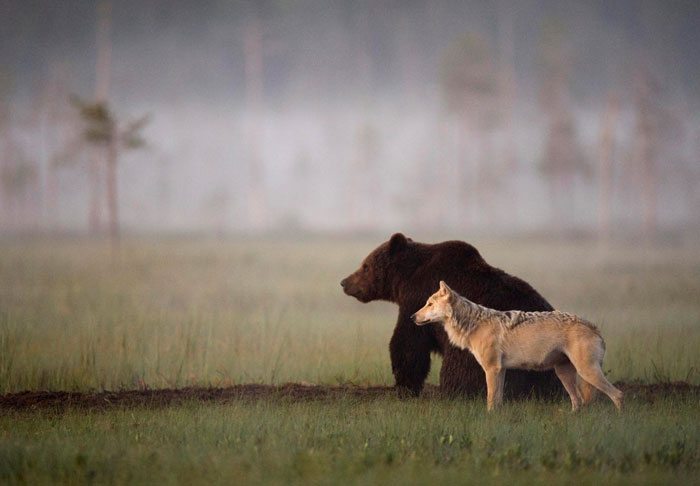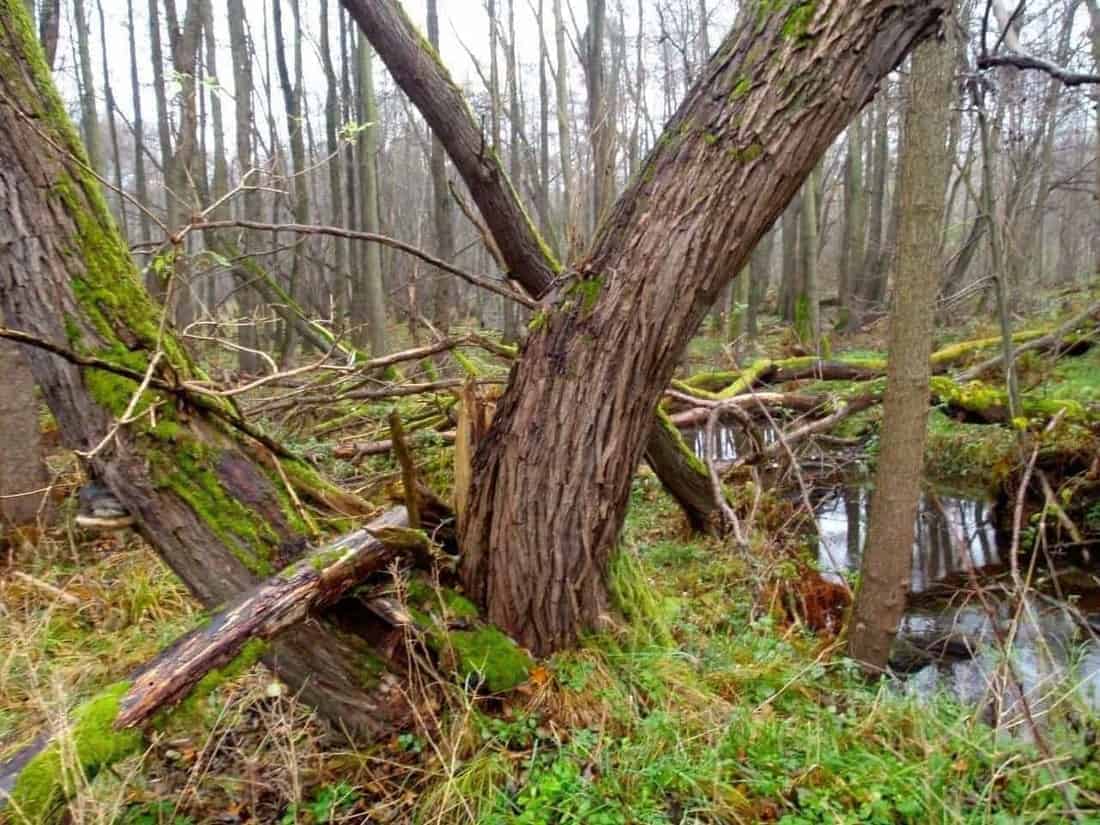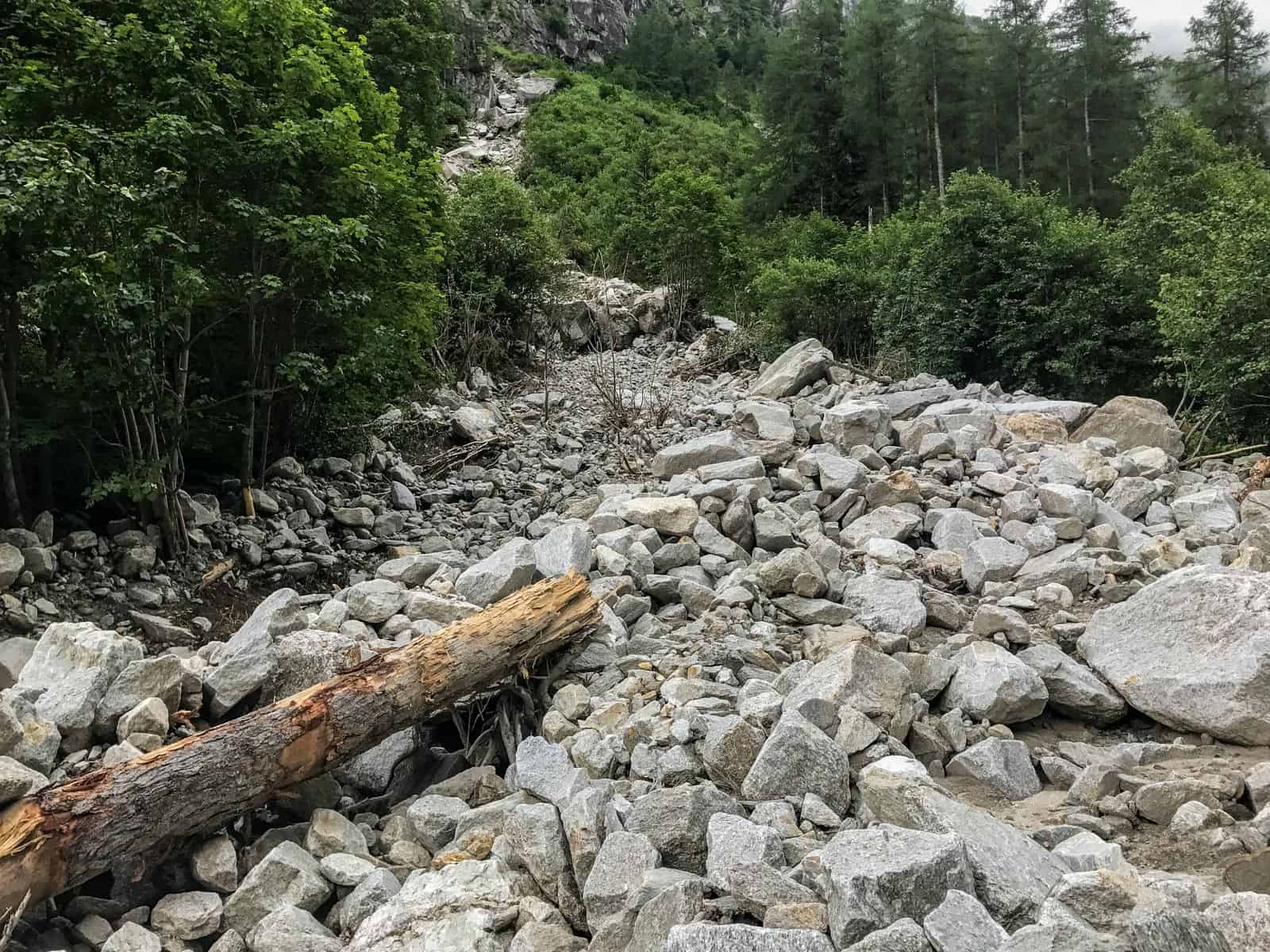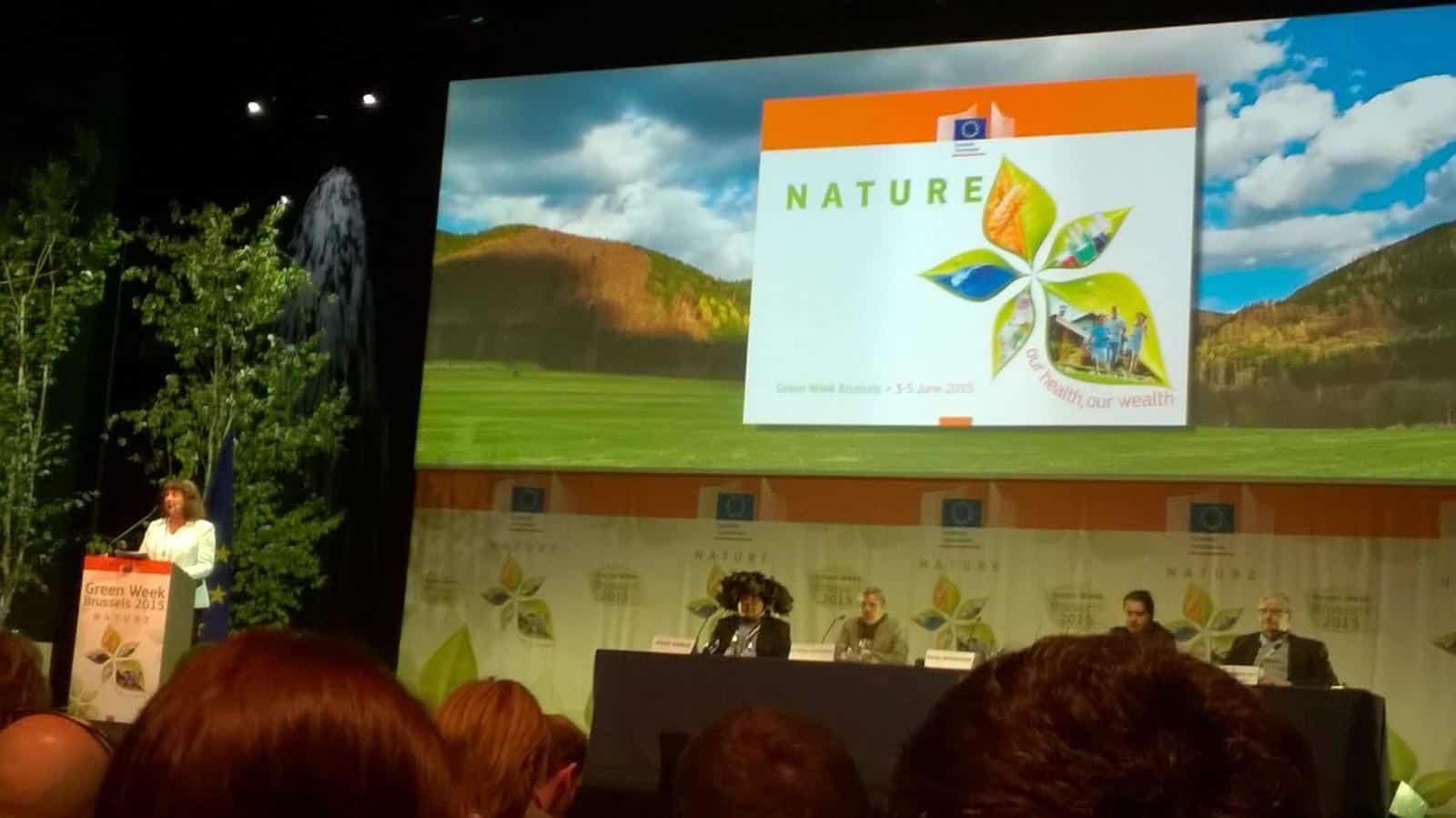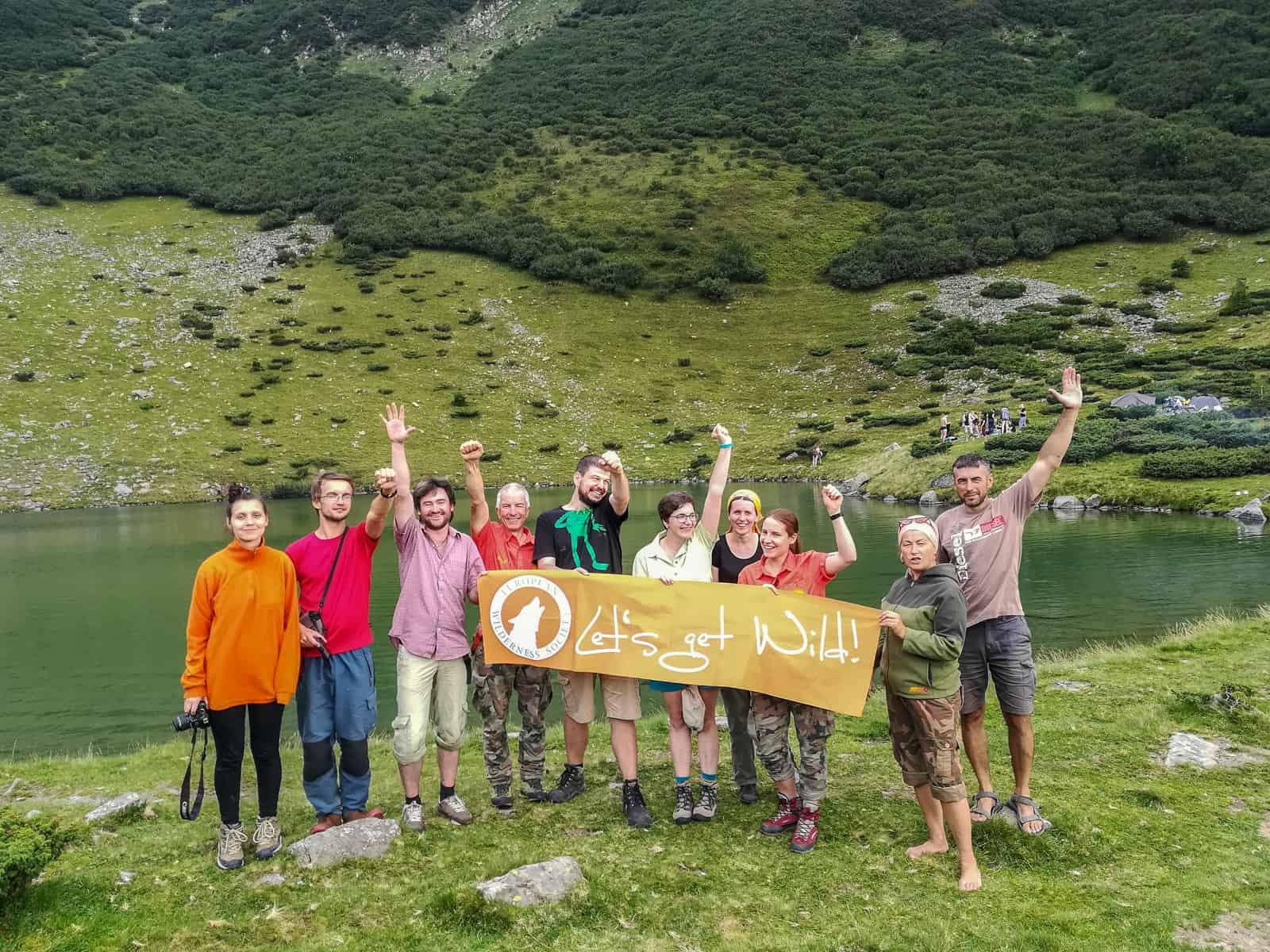EU as role model to fight climate change
Last week, the European Union Parliament voted for an ambitious increase of the percentage of greenhouse gas emissions to be cut by 2030. The initial target to cut emissions by 40% (from 1990 levels) will be increased to 60%. An increase was proposed as part of the European Green Deal. However, instead of increasing it to 55%, members of the parliament voted for an even more ambitious goal. This goal corresponds to the recommendation of scientists and would set an important global example for the potential of cross-country collaboration.
Please also read: Historic European Green Deal launches
A green economic recovery as part of the goal
Many welcomed the ‘yes’ to the ambitious climate action, including environmentalists and activists of the Fridays for Future movement. Critics say that the goal is not feasible because it would endanger jobs and put the economy, already substantially weakened by the pandemic, under additional pressure. However, the European Green Deal and the COVID19 recovery plan address this issue. The EU will mobilize extensive funds for renewable energy, sustainable agriculture, and biodiversity protection. One third of the recovery fund of 750 billion aims to promote a green economic recovery for its member states.
EU as role model
The COVID19 pandemic and the resulting global economic crisis offered a unique opportunity to accelerate the transition to a climate friendly economy. The pandemic showed us, more than ever, the linkage of the vulnerability of our ecosystems and economic systems. Thus, a crucial part of a green recovery is the halt of biodiversity decline and of the decrease of ecosystem goods and services. Also here the EU is at the forefront. The Biodiversity Strategy strives to build our societies’ resilience to future threats such as climate change impacts, forest fires, food insecurity, or disease outbreaks.
At EU level, appropriate actions to tackle the climate and biodiversity crisis are underway. A new study, however, reveals that worldwide most nations fail to invest in nature-related economic reforms. Countries that count to the biggest global polluters, including the United States, Brazil, and Australia, are even relaxing regulations. This could potentially risk global progress to halt climate change.
Now, it is crucial that the EU acts as a role model in not only setting ambitious climate and biodiversity targets, but also in achieving first successes. By showing the rest of the world that a strong economic recovery can go hand-in-hand with nature-related goals, other nations will hopefully join.
Without good examples, it remains a theory.


